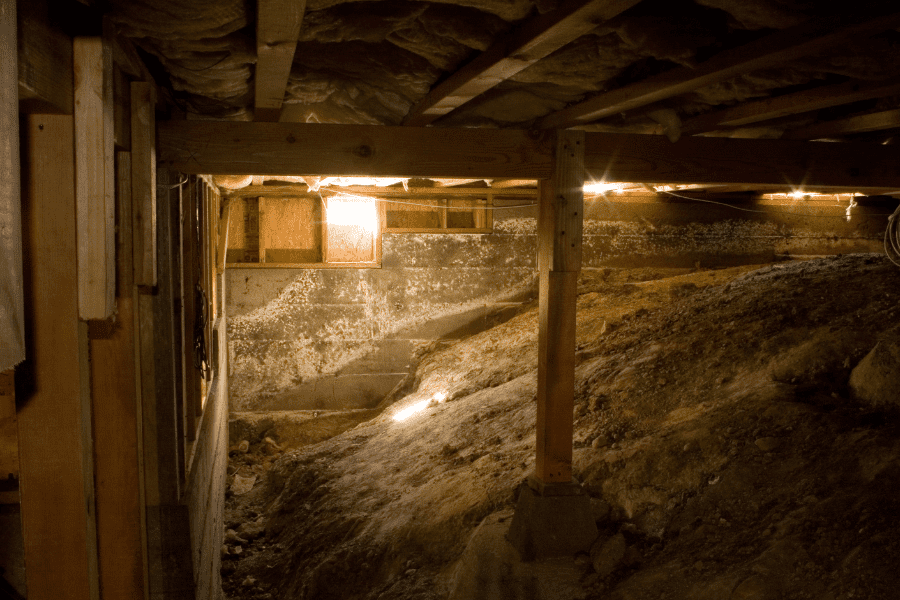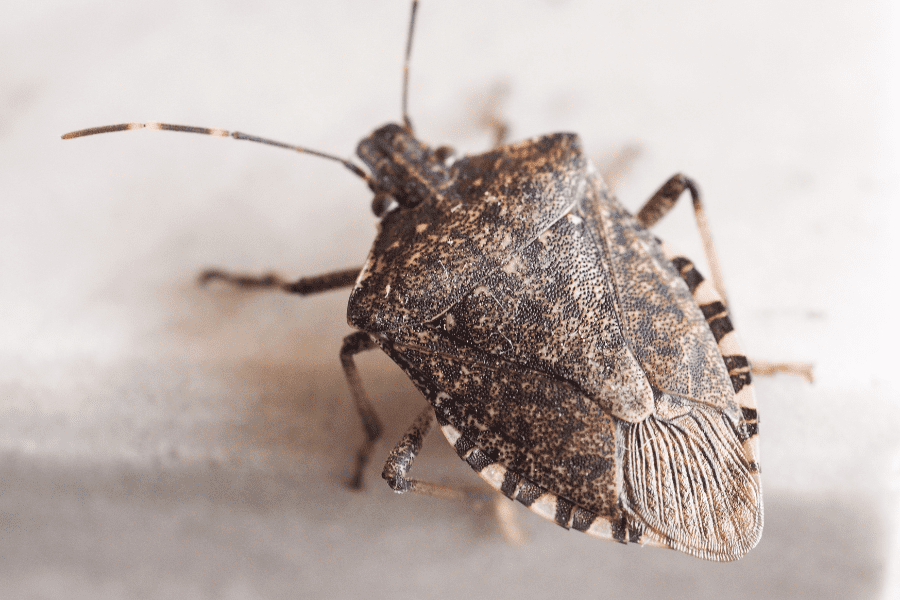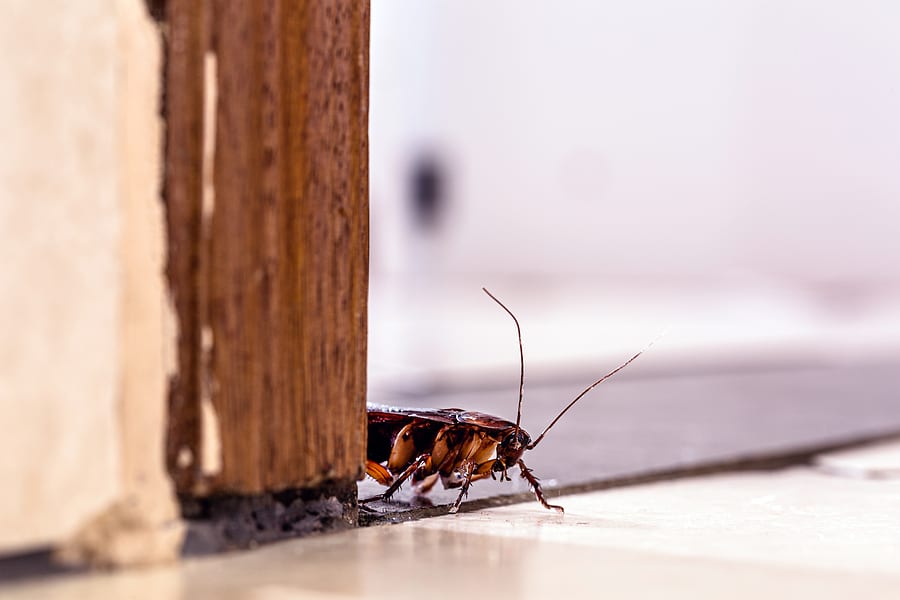READY TO GET STARTED?
REQUEST A FREE ESTIMATE
Fill out the form below or call (336) 226-1448 for a free, no-obligation estimate.

Once the winter hits North Carolina, the last thing you want to deal with is a cold home! With temperatures dropping, it’s important that your heating systems are ready, and your home is prepared to weather the cold. If not, you could be dealing with cold air and high energy bills. Crawl space enclosure in the winter provides a solution to both problems that many homeowners face.
There are several benefits to enclosing your crawlspace. One that many look forward to is saving on their energy bill. The moisture in your crawlspace can affect the temperature inside the home, causing the HVAC unit or furnace to run longer to help keep your home warm, and in return uses more electricity. When you enclose your crawlspace, the moisture barrier acts as a sealant, which controls the moisture levels. This will ease the strain of your HVAC system to make your home more energy-efficient and save on energy bills.
Another great benefit of enclosing your crawlspace is preventing mold growth and odor. If left open, high moisture levels can cause unwanted growth, creating considerable damage to your home, posing a health risk to your family, and potentially causing an odor throughout your home.
An unsealed crawlspace is an open invitation to pests looking for shelter, food, and water. Once inside, these pests can cause damage and present a health risk to your home and family. After the crawlspace enclosure installation is complete, the moisture barrier can help eliminate entry points for these pests to infest, providing you with another avenue of pest control.
Consider calling a pest control company near you for a crawlspace enclosure inspection and quote to stay warm and pest-free in the winter!

A common term used to describe pests and how they survive the colder temperatures is overwintering. These types of pests will often seek warmth and shelter in homes and buildings because of the comfort they offer. Overwintering pests don’t cause any harm to you or your home but can become a nuisance if they begin to infest. Here are some common overwintering pests and some easy do-it-yourself tips to keep them outside of your house.
Lady Bugs
These well-known pests are harmless and are deemed beneficial. They will often consume plant-eating insects such as aphids, mites, and scale insects, all of which can harm crops and plants in gardens; although, if you find lady bugs invading your home, they can become difficult to get rid of.
Boxelder Bugs
This type of overwintering pest is considered a little more aggressive than others. If they puncture your skin, it can cause a slight irritation, but nothing to worry about. Other than that, boxelder bugs are harmless, but can become a nuisance if they choose to infest.
Stink Bugs
These pests can infest homes in large numbers, especially beginning in the fall time. Stinkbugs are attracted to your home due to the warmth that it provides. They can usually find their way indoors through any exterior entry points.
Overwintering Pest Prevention
Keep your home protected this winter with these tips for preventing overwintering pests:
If you begin to see an overabundance of overwintering pests, then reach out to your local pest control company to create a customized plan of action.

During the wintertime, many homeowners worry less about pests that are common during the spring and summer months. Contrary to popular belief, some pests don’t just die off when it’s cold outside. Instead, they use their survival instincts to get through the winter. Below is a list of 4 common winter pests and what you can do to prevent them when warmer weather arrives.
Ants
Seeing ants inside of your home is typically uncommon during the winter months. However, they are still around. They are great at overwintering and preparing for the cold. Ants prepare for the colder weather in the fall where they indulge in lots of food. This preparation helps them put on fat so they can survive without eating for weeks at a time. When winter finally arrives, their body temperature and activity will decrease. Then, they will seal up their colonies that they build deep in the soil or under rocks. This is where they will stay until springtime arrives.
Bed Bugs
Bed bugs are active all year-round. This means that they will invade your home whether it’s warm or cold outside. They are resilient pests and can survive temperatures from nearly freezing to 122 degrees Fahrenheit. This makes them an extremely difficult pest to get rid of. Common signs of bed bugs can include rusty, reddish-brown stains on bed sheets or mattresses, bites on exposed skin when sleeping, and eggs or egg casings.
After coming home from traveling, make sure you unpack your clothes and put them directly into your washing machine to clean. Always inspect your luggage for bed bugs and use a vacuum to clean it before storing it away.
Cockroaches
Most cockroaches can survive year-round if they have access to a warm and moist environment. Unfortunately, this means that your home is the perfect place for these pests to inhabit. German cockroaches are the one species that are known to survive harsh weather conditions. When the cold hits, they are great at sneaking indoors through small gaps and holes.
Cockroaches prefer to live in humid habitats such as kitchens, bathrooms, and basements. To ensure they don’t infest your home, make sure to clean up any spills or food crumbs, vacuum often, and use weather stripping to seal doorways.
To help prevent these overwintering pests from invading your home once spring and summer hit, consider contacting your local pest control company. A trained professional can provide you with an inspection, prevention, and treatment plan.